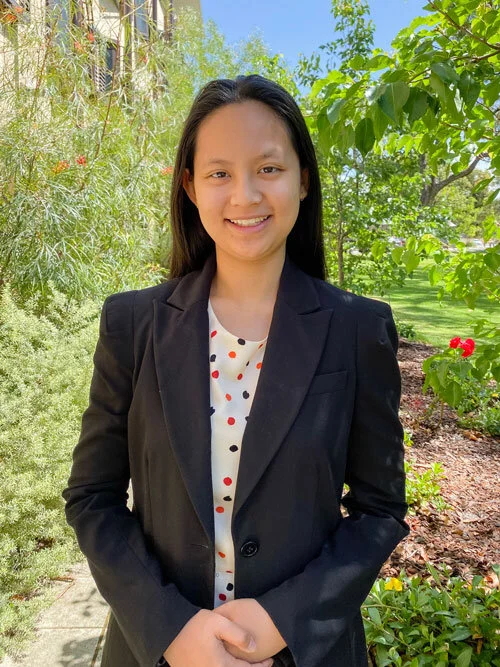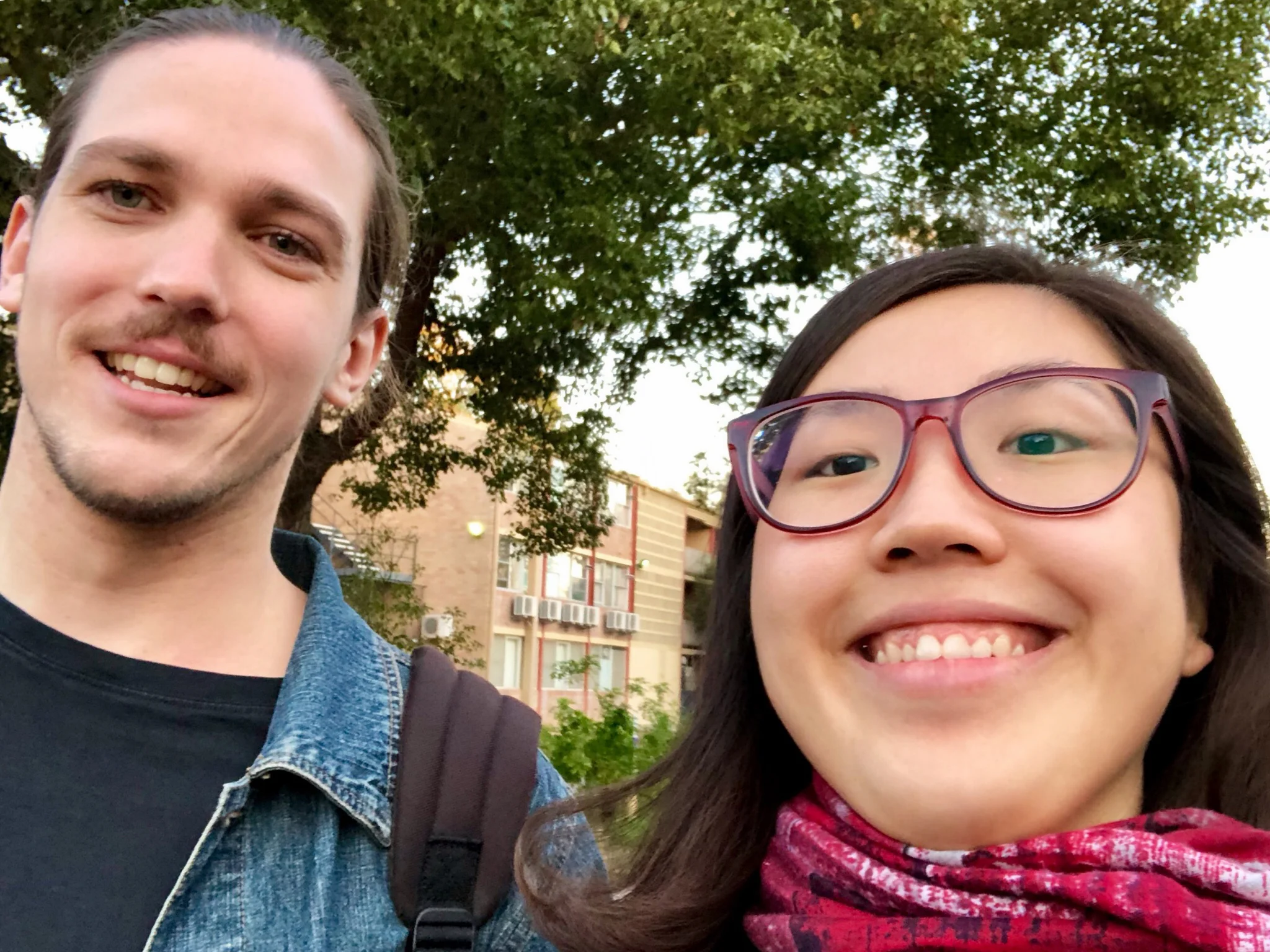Jordan Hunter from the St Catherine’s College, Marketing & Communications team, sat down with recent winner of the 2018 UWA IQ Student Start-up award, Conor McLaughlin, co-founder of Futuristic Skills and Alumnus of St Catherine’s College.
Jordan: So Conor, what is your start up and what is it about?
Conor: Thanks for having me Jordan. So Futuristic Skills is a start-up that through this venture we aim to help high school students learn the most important job skills for the future. So, whether that’s creativity, emotional intelligence, critical thinking. Those soft skills you need in any job that will help you in the future. We have been mainly working with high school students but are starting to work with some university students as well.
Jordan: Seeing that you are the co-founder of Futuristic Skills, who is your partner and how did you two come up with the idea of creating this start up?
Conor: My other cofounder is David Castelanelli, he is studying at Curtin and we met in America. We are both from Perth, but we met in a course at UCLA which was basically about business. We became friends and we knew that we were similar, we both wanted to start up a business as well as help people in some way. So, in March last year, I had a different idea but was still in the same line, so we started off wanting to make a web app that helped students see what actual careers look like. The initial idea was to interview doctors, dentists, mechanics, teachers, etc… and ask them that they like and don’t like about their job, what they do on a day-to-day basis, just general questions. But it eventually changed along the way.
Jordan: So how long did it take for your start up to become operational and how has your customer/user base grown since it has started?
Conor: It always takes longer than you expect, is the first thing I’d say. So, it has been about a year now since we had our first business meeting about the idea and in that time, it was about mainly meeting potential customers and gaining validation about the idea. Since then we have been working with about ten schools which is about 1000 students. Even though that sample size is low for App based start-ups in general, our start up contains a high value product so even though we are working with about 1000 students, we have seen the real impact on each individual and is definitely growing with 10 more schools for next term. So hopefully it will continue to grow at this rate and hopefully more over time.
Jordan: In terms of the vision for your product, what is the problem that Futuristic Skills aims at solving?
Conor: The main problem that we are trying to solve is the skills development of young people which we think there is a lack of. We initially started off talking to a lot of high school students, university students and also employers, and the general consensus was that these most important soft skills (skills that are not so technical) are really lacking. These skills like the ability to relate to other people, to think on their feet and problem solve, these don’t have any context which they are taught in, as opposed to us learning academic subjects which is only a part of the picture. So, our goal is to help students learn these skills, which will then make them more employable and particularly as the future becomes a reality, where there is more technology automation doing the technical side of things, it is really important that young people focus a lot on those people skills and more soft skills.
Jordan: So you are mainly focusing becoming street smart as well as book smart?
Conor: There are 10 skills that we do: creativity, critical thinking, problem solving, emotional intelligence, coding, cultural relations, social media, branding, general literacy and numeracy. There are still technical elements to it but the most important factors for success when you do get a job has shown to be emotional intelligence and people skills.
Jordan: What does Futuristic Skills want to ultimately change for their customers?
Conor: Ultimately, we are trying to transform the way that students experience and view education. There are a lot of students that are burnt out by the end of school, even more so by the end of university. By the end of their education journey they have developed a hate towards learning because of the way the education system is structured. So, what we are trying to do, particularly with the years 9 and 10s who are our main target age, is to excite them again in learning. So, we ultimately want to change our student’s perception of education to be more positive.
Jordan: If you had to identify Futuristic Skills’ five most important features, how did you decide that those features would be the most valued by customers? (how did you prioritise these features)
Conor: The reason why 9/10 start ups fail is because they don’t talk to people before they create their product. So, when you come up with an idea for a start-up you become emotionally attached to it and create a bias towards it, but the truth is what you think doesn’t matter its what your customers think is what is important. So, what we did differently is that for seven months we didn’t build anything, we went to over one hundred meetings with all types of stakeholders such as teachers and careers co-ordinators which we had about 60 across 60 schools. We also set up meeting with parents and students as well as university staff and corporate companies to see if they would find this valuable for students to learn to help them get employed. This helped us change our idea drastically from what it was originally to what it is today.
Jordan: How long did it take you to conduct your market research?
Conor: It took a lot of time! Last year was the hardest I have ever worked. Until now being the start of the school year we haven’t earnt a cent. Last year from March to December was complete research and validation which you don’t make any money from. So, it’s easy to give up, and it would have been at least 500 hours plus that we spent on it.
I am particularly grateful to Bloom and the reason being is that they provide workshops on how to target customer segments and what we learnt is the process know as Leans start up. Starting off with a basic low-cost product, not putting heaps of capital into it to make it flashy and nice, that comes later once you have validation that your product is valuable.
Its only when your basic product is loved that you then scale up in size. Our main strategy was to keep it as basic as possible whiles interviewing as many people as we could and that way we could research and change accordingly. We actually changed our idea about 6 times, but we would never have gotten to the final product without the interviews.
Jordan: So what was Bloom’s role in helping you create your start up?
Conor: They gave us a helpful financial investment of $500 which we won at a pitch night Bloom hosted. That helped us cover the basic costs at the start which was mainly spent on fuel costs from travelling to all the 60 schools. Secondly, they gave us a lot of mentoring. They gave us legal support and general mentoring about the process of creating a start-up.
Jordan: Thanks for coming in today Conor. Wish you all the best.
















